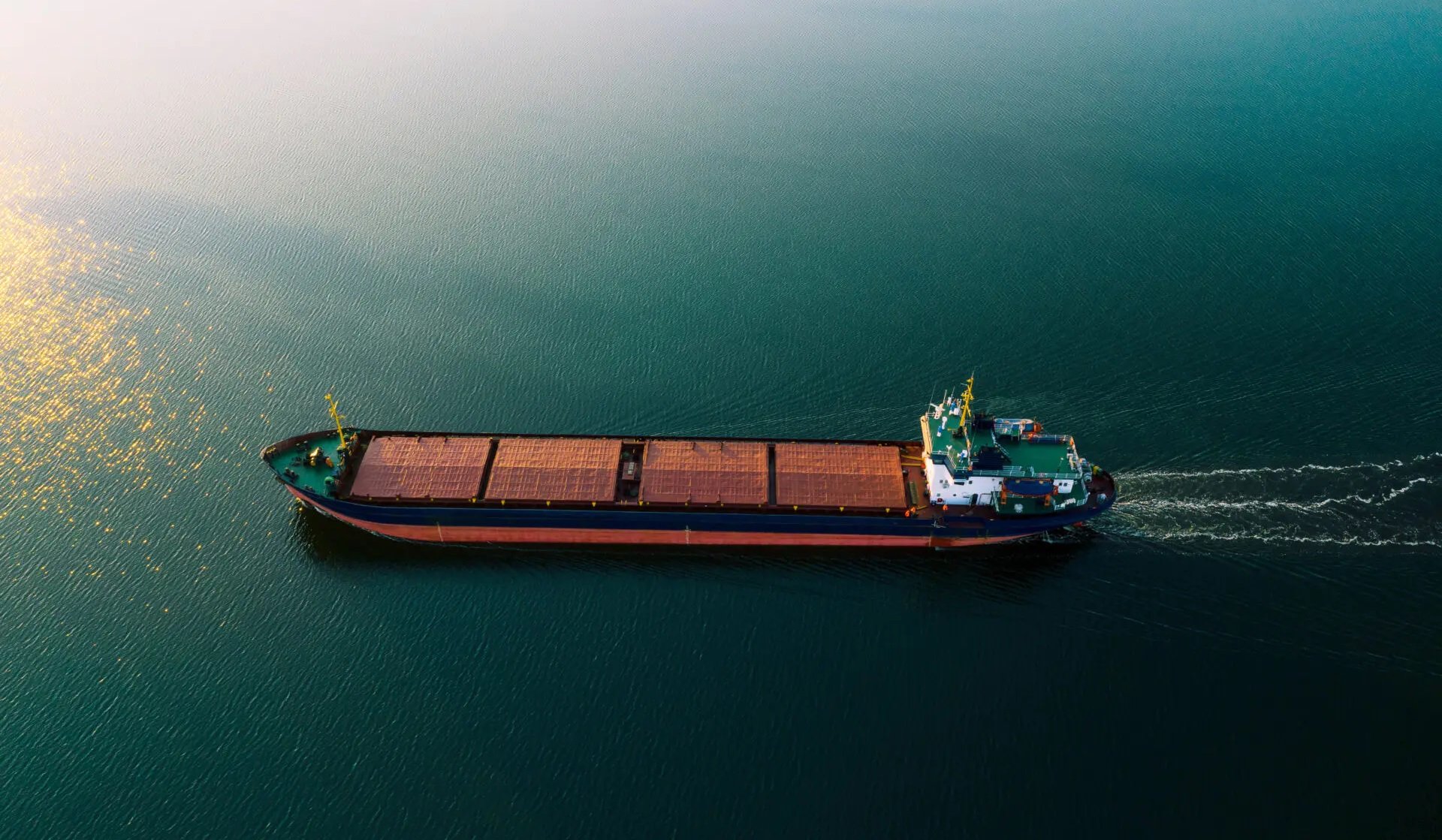Thermoplastic composite pipe (TCP) company Strohm has secured a contract for the delivery of four large bore TCP jumpers for a deep-water gas field offshore Malaysia.
The deal signifies a step forward in the utilisation of non-metallic pipes for deep-water applications.
The deal was awarded through Dynamic Ocean Sdn Bhd (DOSB) for the end customer, a South East Asian operator, which will utilise the jumpers for gas production in water depths of up to 1,500m.
DOSB holds the licence required to operate in Malaysia on behalf of Strohm.
DOSB Business Development director Jackie Ling said: “We are proud to collaborate with Strohm in introducing this groundbreaking TCP technology to the Malaysian deep-water sector. The deployment of carbon-fibre PA12 TCP jumpers represents a significant step toward delivering safer, more sustainable and cost-effective subsea solutions.
“We believe this innovative approach has the potential to shape the future of offshore developments for Malaysian operators and fields, reinforcing our commitment to supporting technological advancement and driving long-term value for the local energy industry.”
This infrastructure is essential for the secure and effective conveyance of hydrocarbons from subsea wells to processing facilities.
TCP jumpers, with internal diameters exceeding 7in, are designed to be collapse-resistant under vacuum conditions.
They are made from carbon fibre PA12 (CF/PA12), known for its corrosion resistance and fatigue durability, making it an option for deep-water environments.
Strohm Middle East and Asia-Pacific vice-president Fabienne Ellington said: “This contract reflects the continued confidence our clients place in us to deliver reliable, high-performance solutions suitable for challenging and demanding environments.
“Designing and delivering jumpers of this diameter for deep-water installation represents an engineering milestone and this award validates our expertise and our client’s trust in our technical capabilities and execution track record.”
Strohm’s TCP technology is qualified to DNV-ST-F119 standards and capable of withstanding pressures up to 10,000 pounds-force per square inch.
The jumpers will be manufactured at Strohm’s facility in the Netherlands, terminated, pressure tested and spooled onto subsea deployment pallets.
Delivery is scheduled for the third quarter of 2026 (Q3 2026).
TCP’s features are said to contribute to reduced installation costs and CO₂ emissions, as they enable the use of smaller vessels or subsea pallets for installation.





